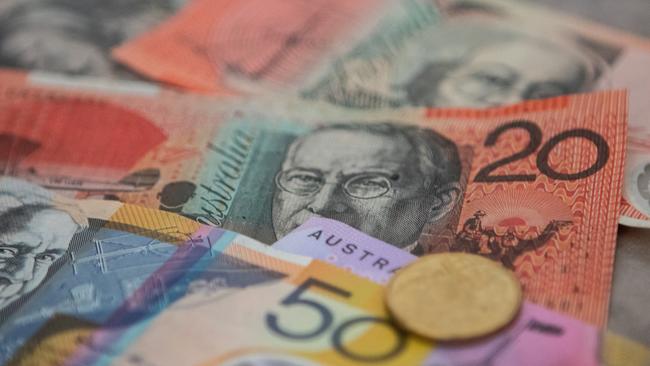Game on in $2.4bn Perpetual battle for Pendal, as Macquarie Capital and Goldman Sachs get busy


Australian listed investment manager Pendal Group is in play following the $2.4bn bid it received from Perpetual on Monday, with sources tipping global rivals will now eye the target.
Janus Henderson and Aberdeen Asset Management are expected to be among the groups that could take a look, given that Pendal Group – the former BT Investment Management business – is largely a global operation with only about 30 per cent of its income derived from the Australian market.
The bid by Australian listed rival Perpetual creates a battle between two of Australia’s most well known equities fund managers and throws up plenty of questions about how the two companies could look once merged should a bid succeed.
Would Pendal’s head of equities Crispin Murray stay in the same role while it remains business as usual for Perpetual’s head of equities Paul Skamvougeras?
Or does one leave? Or will one report to another?
Some believe Mr Murray may stage a departure in the not too distant future.
Such tie ups among fund managers are fraught with difficulties where two highly competitive funds management teams are suddenly brought together.
Conflicts can arise when it comes to dealing with substantial holdings in certain stocks and what camp gets to hold a larger position.
Growing substantial holdings when fund managers are merged can be tricky, with groups often keen to stay below the 5 per cent threshold required for disclosure to keep their activities out of the public eye.
The deal comes at a time of geopolitical instability and with the impacts of the Covid-19 pandemic and broader market volatility, as Pendal pointed out when it told the market on Monday that it was still considering the proposal.
Perhaps a motivating factor for Perpetual to do the deal is to boost its Australian institutional investor funds while a drawcard for Pendal could be Perpetual’s strongly performing fixed income unit headed by Michael Korber after its fixed income team members left the business.
One of the factors that Pendal’s board could be thinking about is the future growth prospects of Perpetual.
Perpetual has made offshore acquisitions worth about $700m in recent years, buying businesses such as Barrow Hanley Global Investors and Trillium Asset Management, yet its market value has fallen, although some of that could be attributed to market sentiment, with declining values across the board.
Some wonder what the deal means for Perpetual’s highly profitable trustee business and private client business and whether a sale of the divisions could be on the cards following a Pendal acquisition.
There has also been interest in Perpetual focusing on an asset management business when the earnings multiple is lower than for the trustee and wealth management operations, leaving questions around strategy.
Pendal has tapped investment bank Macquarie Capital after receiving the $6.23 per share buyout proposal from Australian listed fund manager Perpetual, which is working with investment bank Goldman Sachs.
Analysts have a price of about $7 on the stock so a bid may need to be higher for it to succeed, although shares in Pendal closed at $5.29 - short of the bid price - which was interesting.
Perpetual had a $1.94bn market value as of early Monday trade while Pendal was worth $1.71bn and the offer values Pendal at close to $2.4bn.
The share prices of fund managers have been off the boil for about 18 months.
The offer is by way of a scheme of arrangement where Pendal shareholders will get one Perpetual share for every 7.5 Pendal shares they own plus $1.67 of cash for each Pendal share.
It represents $6.23 per share based on the closing price of Perpetual shares on April 1.
Pendal shareholders would own about 48 per cent of the merged entity.
The offer is a 0.3 per cent premium to Pendal’s volume weighted average share price for the 180 days before April 1 and a 35.4 per cent premium to the 30-day VWAP.



To join the conversation, please log in. Don't have an account? Register
Join the conversation, you are commenting as Logout